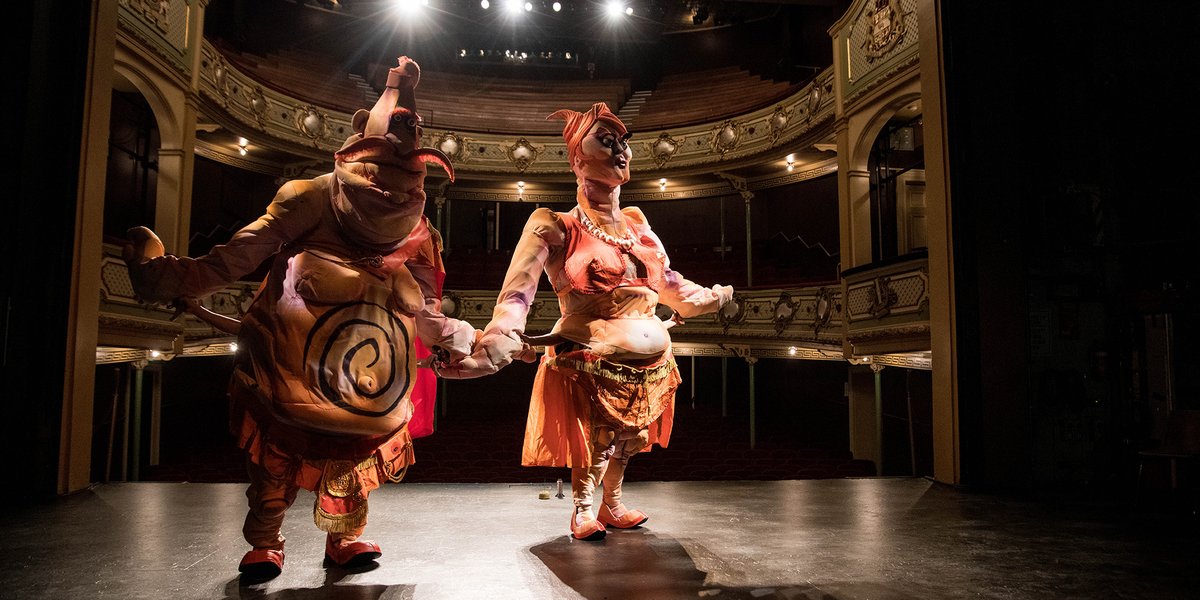Rodney Croome
"When you feel discouraged and powerless, recall how this tiny corner of the planet defied every expectation to pull itself up by its rainbow bootstraps and re-invent itself."
"The history of this spectacular transformation is long and sometimes painful. It was only possible because many people worked together to pool their talents and encourage each other."
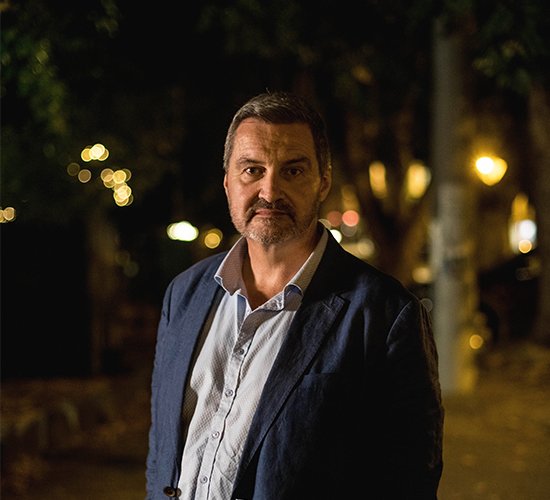
“In 1987, as a shy University of Tasmania history student, I came out as a gay man into an island society that was deeply antagonistic to LGBTIQ equality.
The criminalisation of homosexuality and cross-dressing was only the tip of the iceberg. In Tasmania, sex between men was a crime punishable by 21 years in gaol.
Tasmania was the only state that stigmatised transgender people as criminals by outlawing cross-dressing.
There was a blanket silence about LGBTIQ people that had lasted since colonial times when homosexuality and gender transgression was intimately associated with the hated stain of convictism.
At the first gay community meeting I attended I was warned there might be police outside waiting to write down the car registration numbers of those leaving the meeting to add to their 'pink list' of 'known homosexuals.'
When we set up a small stall at Salamanca Market asking for signatures on a gay law reform petition, the stall was closed down and we were all arrested.
When gay law reform was first proposed in Parliament, angry, hateful protest rallies were conducted across the state.
While other Tasmanians believed they lived in a democracy, LGBTIQ Tasmanians lived in a police state.
It was a police state most Tasmanians were then happy to maintain. Polls showed almost 70% support for criminalising homosexuality, well above the national average.
Now, let’s move forward to today.
Tasmania has the most progressive LGBTIQ human rights laws, not only in Australia but in the entire world.
Our Anti-Discrimination Act provides stronger protections for LGBTIQ people than its counterparts elsewhere.
Our relationship laws recognise a broader range of personal relationships than in other places.
Our gender laws provide stronger recognition and protection for transgender and gender diverse people than the equivalent laws of almost any other country.
Our state parliament led the nation on marriage equality.
Our police now have policies so inclusive they are a global model.
We have led the other states when it comes to apologising for the past and healing old wounds.
These changes in laws and policies have been matched by changes in hearts and minds with Tasmania returning a vote in the marriage postal survey that was above the national average and second only to Victoria among the states.
In a generation, Tasmania has gone from worst to best.
We have every reason to call ourselves the Rainbow Island.
The history of this spectacular transformation is long and sometimes painful.
It was only possible because many people worked together to pool their talents and encourage each other, people from across the political, religious and cultural spectrum who put fundamental values of equality and inclusion above their traditional differences.
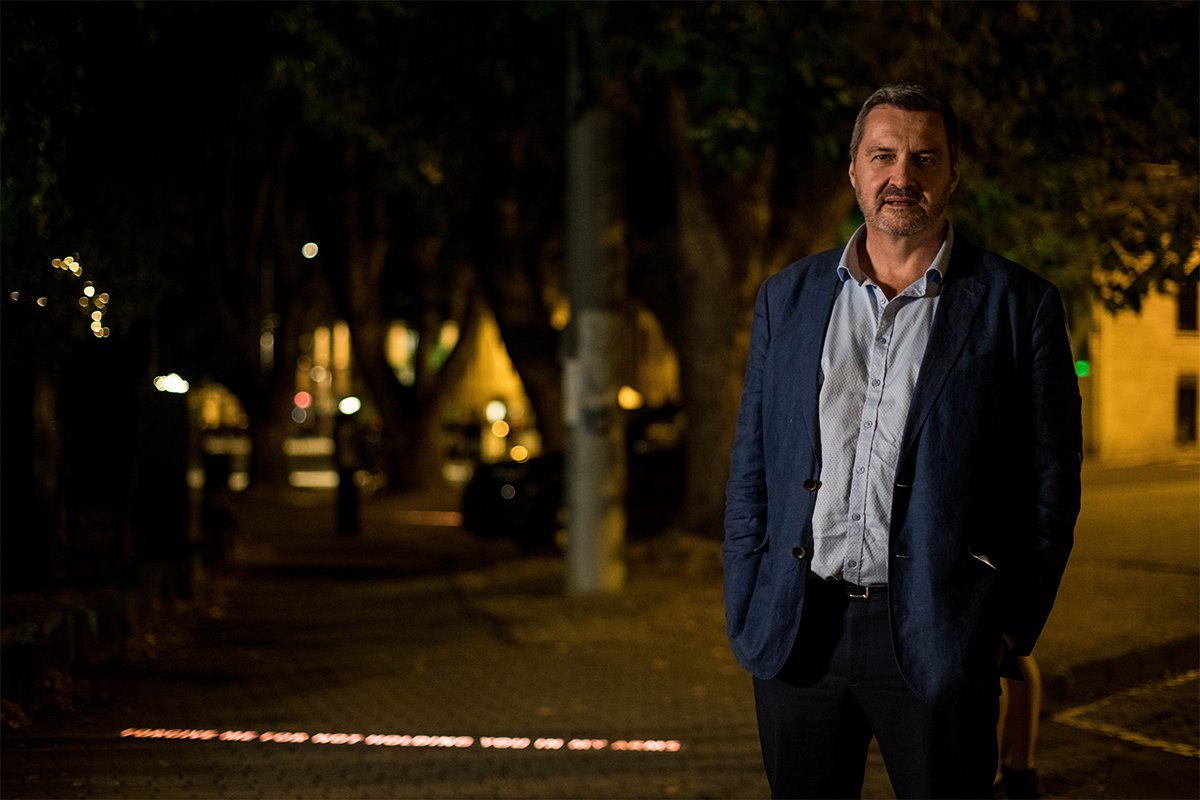
It was only possible because we took risks that more cautious people warned us against,
…because we told truths that were hard for some people to hear
…because we protested the old laws, and the attitudes behind those laws, bravely, forthrightly but always respectfully, and
…because we refused to accept compromises that might have made the climb less steep.
Most of all it was only possible because we told our personal stories about what it meant to be treated like second-class citizens.
We had faith that if we reached out to our fellow Tasmanians they would heed us.
Based on that faith we travelled across the island and spoke about our lives to whomever would listen.
We opened our hearts to others and explained what it meant, not only to be discriminated against and stigmatised, but to be told you don’t belong in the place that has shaped who you are.
We refused to react in kind to the fear and anger so vocally striding the stage of Tasmanian public life.
We looked beyond the prejudices of those around us and instead saw in our fellow Tasmanians people who, deep down, wanted to do the right thing.
We educated, and never berated.
If I am proud of anything more than how far we have come, it is that our faith in our fellow citizens was well-founded.
Among the lessons taught by Tasmania’s transformation, there is one particularly pertinent to us today.
Many of us feel pessimism or despair about the great problems of our age.
We fear there is nothing we can do about spiralling climate change, escalating inequality, and creeping authoritarianism.
When you feel discouraged and powerless, recall how this tiny corner of the planet defied every expectation to pull itself up by its rainbow bootstraps and re-invent itself.
Take heart that, if an island that once tore itself apart over LGBTIQ equality can become a beacon of inclusion to the entire world, there is nothing inevitable about the problems we face, profound change is possible, and each of you can be part of that change.
Have faith in other people and in the future.
Always remember there is another word for hope, and that word is Tasmania.”
(From Rodney Croome’s University of Tasmania graduation address, 19.12.2019)
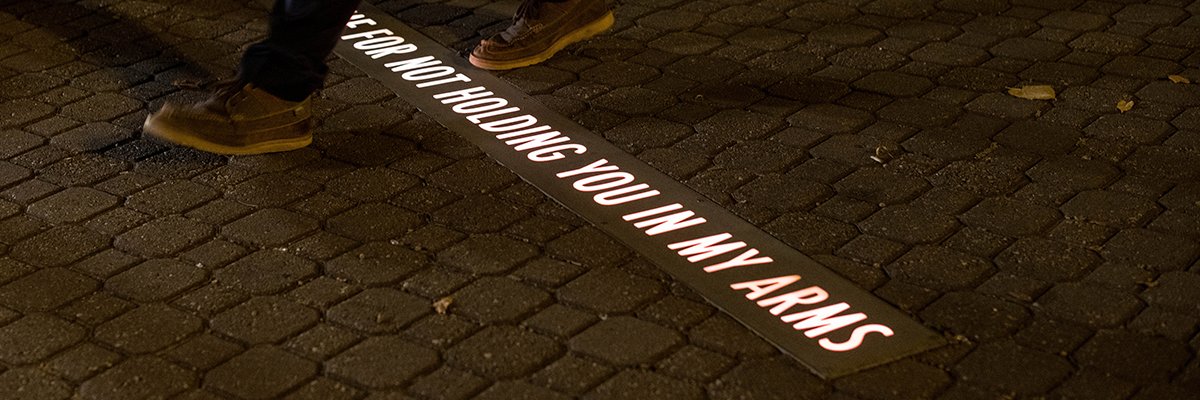
Rodney Croome is one of 18 Tasmanians featured in our short film about the Tasmanian story. In the film, Rodney walks over a line in a Salamanca footpath, “Forgive me for not holding you in my arms.” This is part of The Yellow Line, by Justy Phillips, a public art project commissioned by the City of Hobart to acknowledge the bravery of Rodney and others in the Tasmanian Gay Law Reform Group., and apologise for its role in the mistreatment of LGBTIQ+ Tasmanians.
Read about more Tasmanians
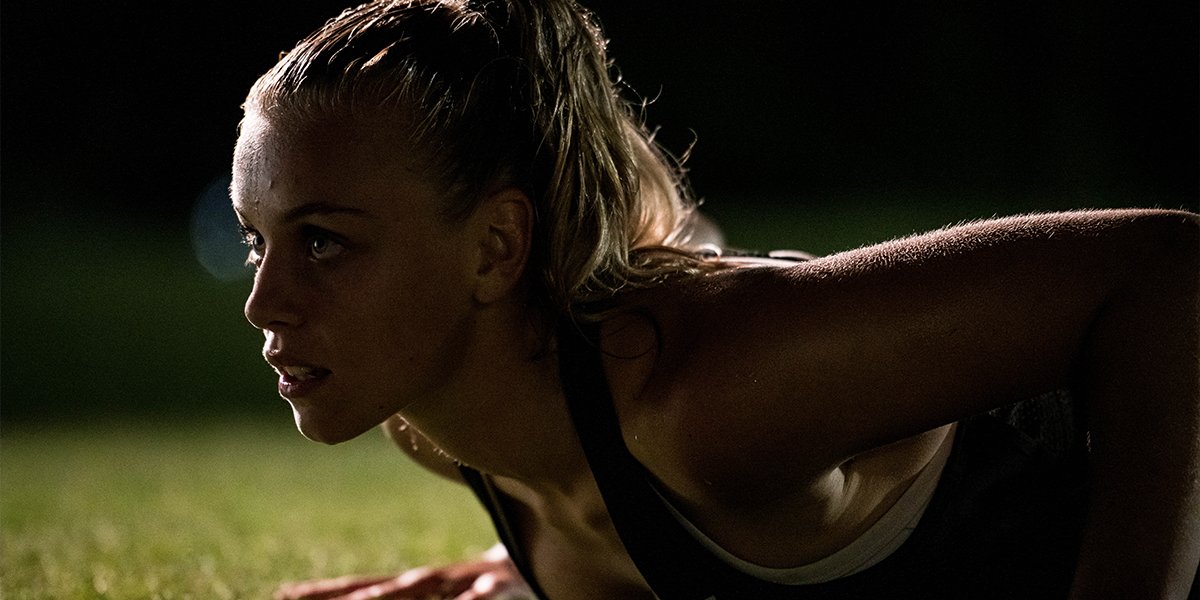
Jemma Blair
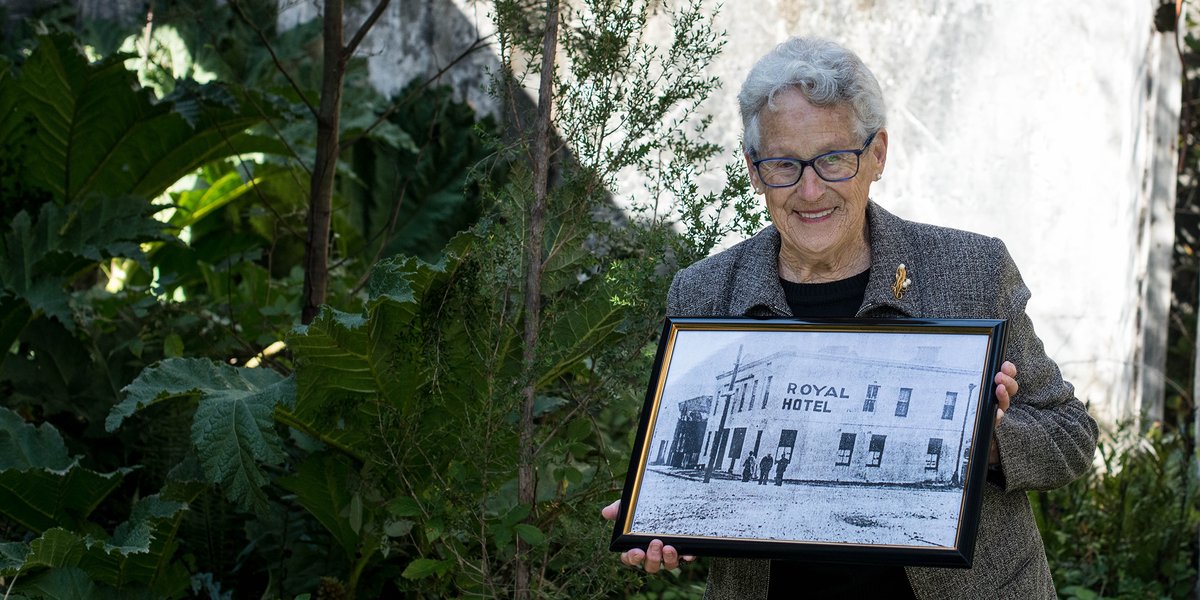
Joan Evans
